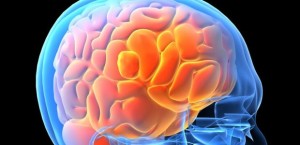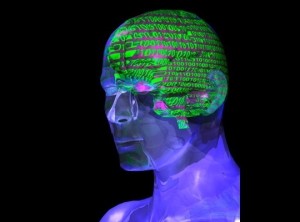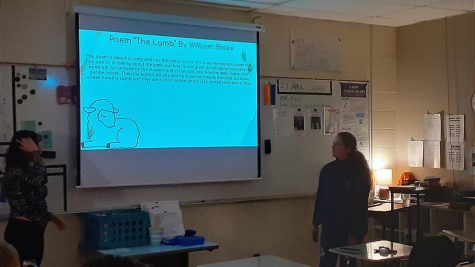Exercise to the Body, Reading to the Mind

 Reading a good book doesn’t only allow you to delve into a world of adventure and mystery, but it also has been shown to improve brain activity. It has been shown that people observe each other in order to make decisions like how to communicate with each other. According to studies done by Lisa Zunshine, an author and neuroscientist, reading “engages our theory-of-mind faculties and gives us practice in working out what characters are thinking and feeling.” [1] This empathy between reader and character helps the reader to understand and interpret actions they see within other people. Also, according to a study recently conducted by Emory University, “The reader’s ability to put themselves in another person’s shoes and flex the imagination is similar to the visualization of a muscle memory in sports.” [2] This means that the connections made when reading are similar to the memory created from repeatedly practicing a specific sport. Another benefit of reading is that it activates more neural pathways within the brain than the usual amount used. This effect was
Reading a good book doesn’t only allow you to delve into a world of adventure and mystery, but it also has been shown to improve brain activity. It has been shown that people observe each other in order to make decisions like how to communicate with each other. According to studies done by Lisa Zunshine, an author and neuroscientist, reading “engages our theory-of-mind faculties and gives us practice in working out what characters are thinking and feeling.” [1] This empathy between reader and character helps the reader to understand and interpret actions they see within other people. Also, according to a study recently conducted by Emory University, “The reader’s ability to put themselves in another person’s shoes and flex the imagination is similar to the visualization of a muscle memory in sports.” [2] This means that the connections made when reading are similar to the memory created from repeatedly practicing a specific sport. Another benefit of reading is that it activates more neural pathways within the brain than the usual amount used. This effect was tested and, according to Gregory Berns, a neurobiologist, “persisted the morning after the readings, and for the five days after the participants completed the novel.” [3] Fiction, non-fiction, biographies, and any type of book can increase the overall activity of a person’s brain and help a person to get in touch with the empathy he/she shows to others. Overall, picking up a good book is always a great idea.
tested and, according to Gregory Berns, a neurobiologist, “persisted the morning after the readings, and for the five days after the participants completed the novel.” [3] Fiction, non-fiction, biographies, and any type of book can increase the overall activity of a person’s brain and help a person to get in touch with the empathy he/she shows to others. Overall, picking up a good book is always a great idea.
Suggested books include:
-
The Hunger Games by Suzanne Collins
-
Harry Potter by J.K. Rowling
-
Partial by Dan Wells
-
The Hobbit by J.R.R. Tolkien
-
The Lord of the Rings by J.R.R. Tolkien
-
Divergent by Veronica Roth
For more good reads go to https://www.goodreads.com/list/tag/best
Bibliography:
1. Oatley, Keith. “Greater Good.” Changing Our Minds. Greater Good, 1 Dec. 2008. Web. 21 Mar. 2014. <http://greatergood.berkeley.edu/article/item/chaning_our_minds>.
2. Bergland, Christopher. “The Athlete’s Way.” Reading Fiction Improves Brain Connectivity and Function. Psychology Today, 4 Jan. 2014. Web. 17 Mar. 2014. <http://www.psychologytoday.com/blog/the-athletes-way/201401/reading-fiction-improves-brain-connectivity-and-function>.
3. Clark-Emory, Carol. “Science & Technology.” Futurity. Emory University, 23 Dec. 2013. Web. 20 Mar. 2014. <http://www.futurity.org/reading-novels-leaves-shadow-activity-brain/>












Mckenna Merrill • Apr 15, 2014 at 11:25 am
This is really good! I knew reading was good for you, but not in this detail! Good job (:
Nick Cordaro • Apr 15, 2014 at 11:19 am
I did not know that a book can give you more than just entertainment. I now have yet another reason to read.